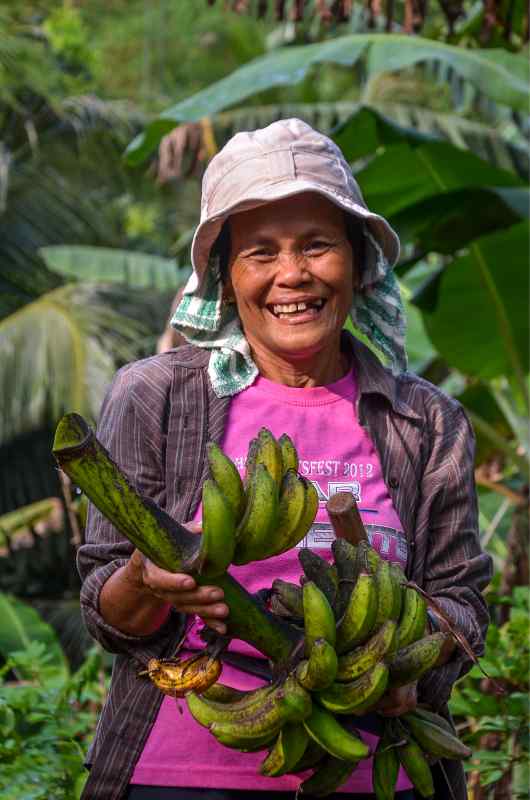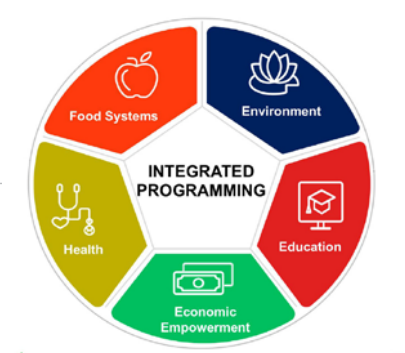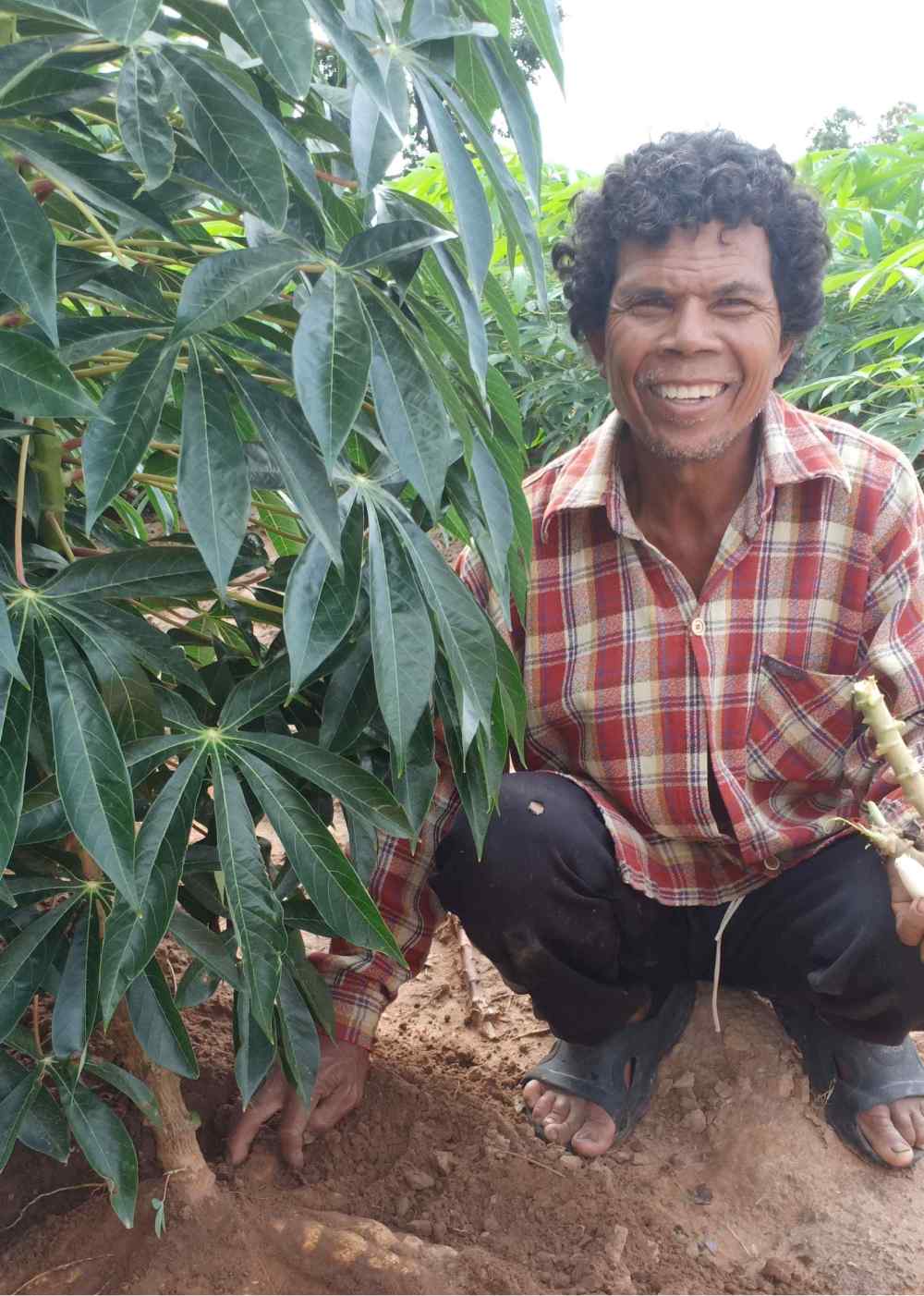
5
Across the globe, coronavirus devasted social, economic, and health systems, exacerbating the pressures on the most vulnerable people in society. In this context the need is greater than ever: for research into rural development strategies, for implementation of practical solutions to rural challenges, and for co-learning with rural communities to create new systems of empowerment and connectivity.


12
2020 Countries and Collaborations
Country offices are sited in Cambodia, Ethiopia, Kenya, Myanmar, Philippines, South Sudan, Uganda, and Zimbabwe, whilst IIRR training programs have extended to other countries too. We also work in collaboration with international partners such as foundations, private sector companies, UN agencies, academic institutions, national governments, and private individuals. This gives us a huge range of economic, social, physical, and knowledge resources to implement field programs and mobilize political energies.
IIRR's 2020 to 2025 Strategy has four key points
1. A commitment to become more efficient and flexible as an organisation, such that we can be agile in responding to the needs of the rural communities we serve.
2. A drive to enhance core staff capacity, collaborate with subject matter experts, and build fundraising capacities
3. A plan to standardize the process of onboarding partners and strengthen knowledge sharing tools to upskill staff
4. An aim to develop virtual resources such as knowledge sharing databases, virtual training programs and certifications, and data management monitoring
Focus on scaling-out and scaling-up
In 2020 IIRR intensified efforts to track measurable project outcomes, enhancing the evidence base for its work. This enables effective initiatives to be optimised, and replicated. Scaling out/up is crucial for development actors. Successes from one project can be used to inform others when proper data collection is undertaken.
50,000
5,050
Success snapshots from each of our thematic areas:
The Promoting Agricultural Extension and Business program in Uganda has increased average production from 40 to 800kg/acre of soybean per acre, 120 to 900kgs/acre of sunflower, 80 to 550kgs/acre of sesame, and 150 to 700kgs/acre of ground nuts. Furthermore, over 21,000 land titles were distributed for smallholder farming families.
Food Systems:
In the Philippines, IIRR implemented Community Support Activities aiming to improve the nutrition and livelihoods of smallholder farmers. Households received farm inputs such as seedlings, corn, and planting materials. Small equipment and infrastructure materials for animal raising were offered to farmers’ cooperatives, giving them resources to strengthen their food security and farming sustainability.
2,000 households in Cambodia have improved salinity and drought-resilient crop production and IIRR programs have helped these communities develop 1,500 climate resilient farm plans.
Education:
In South Sudan, IIRR’s Integrated Field School Program increased literacy levels by 35% with 1,200 students, 800 of which are girls, in 9 cattle camps.
Health:
The Stop Violence Against Women and Girls’ project in Kenya raised awareness of sexual and gender-based violence whilst promoting gender equality. It improved access to psycho-social, medical, and legal support services. Overall, 8,427 people in the northern Kenyan counties of Samburu, Marsabit, and Isiolo were made aware of the negative consequences of gender inequality and violence.



